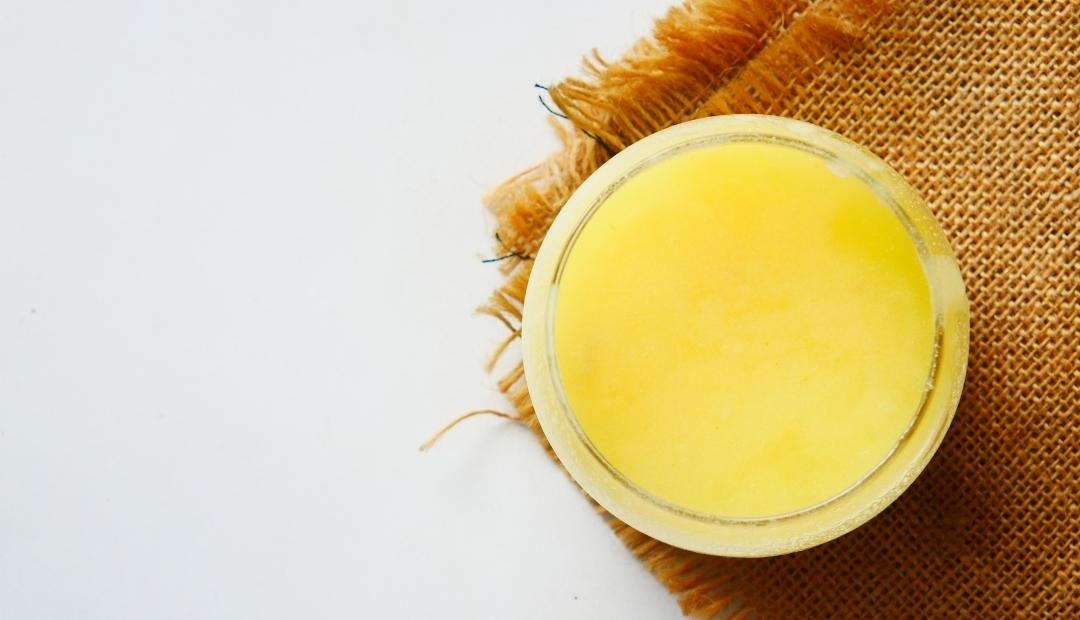If you enjoy living in San Antonio apartments with fitness center access, then you've likely faced the challenge of figuring out what to do with leftover grease or cooking oil. Favorite delicious foods are often fried, necessitating the use of significant amounts of oil. While it's tempting to pour it down the drain as a quick solution, this habit can result in serious problems for your plumbing system.
It's time to abandon the practice of disposing of oil in your sink and adopt safer, more sustainable methods. By the end of this blog, you'll be well-equipped with eco-friendly strategies for properly handling grease and cooking oil, helping you to maintain not just your apartment's plumbing, but also the environment.
Wipe with a Paper Towel
This method is only valid for small amounts of cooking oil. If you've only used a bit of oil for cooking, simply take a few sheets of paper towels and wipe down the pan until it is clean. After you wipe out the excess grease or cooking oil, throw the paper towels in the trash, and your cooking pan is now good to wash in the sink.
Pour First into a Sealed Container
When you have too much grease or cooking oil in your pan, wiping it off with a few sheets of paper towels will simply not do. To dispose of large amounts of oil, the best method would be to dispose of it in a sealed container that you're already planning to throw away. It is important to let the oil cool first to prevent burns, fires, or melting of the container you are putting it in. Once it has cooled, then pour it into the container of your choice—used plastic bottles and empty cartons are good containers to consider. Since the container is sealed, you can toss this in your trash or food waste bin without worry of leakage.
Combine With Solid Waste
When disposing of grease and cooking oil, it's best to not have them greasing up food waste and other types of trash. To make sure the oil won't leak into your bin, you can combine them with solid and absorbent waste. If you have a cat, cat litter is one type of waste that can absorb leftover grease or oil. Other absorbent wastes include flour, paper towels, and sawdust.
Freeze Before Disposing
If handling oil in its liquid form is too messy for you, you can put it in a plastic bag and freeze it in the freezer. You can then dispose of it inside the plastic bag or wrap it in foil before throwing it in the trash.
Add to Compost
If you cook with vegetable oil, you can add the leftover cooking oil to your compost. Good thing there are different types of vegetable oil—corn, coconut, sunflower, peanut, olive, and grapeseed oil to name a few—so that you're not limited to a single one. However, too much oil can slow down the composting process so add it little by little to your composting bin.
These methods are foolproof ways to dispose of cooking oil without any repercussions on your plumbing. They are safe and effective, so choose one that works best for whichever type of cooking you plan to do.
Oxford at Sonterra Apartments in San Antonio, TX



